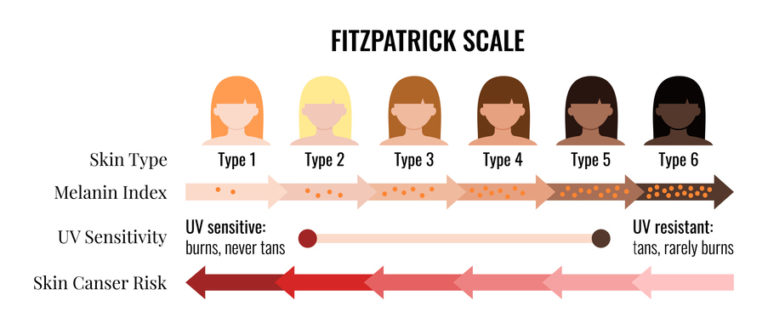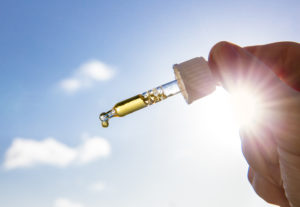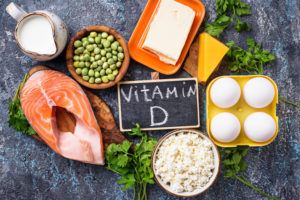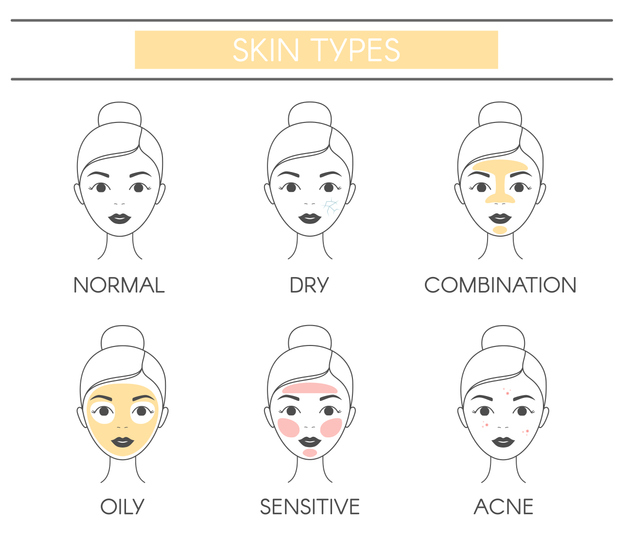
Considering Cosmetic Procedures? Know your Fitzpatrick Skin Type First
Learn what the Fitzpatrick skin type system is and why we always check your skin type before any procedure at Enrich.
Dr Michael Rich is a specialist dermatologist who has been performing tumescent liposuction for over 30 years. Find out if Liposuction is suitable for you at ENRICH Clinic.
At ENRICH Clinic, we have a wide range of dermatological and cosmetic body treatments tailored to individual body and patient needs.
At ENRICH Clinic, our treatments are performed by our medical team consisting of doctors, nurses, and dermatologists and are tailored to each patient’s skin health needs.
ENRICH Clinic is committed to your skin health and well-being with a range of dermatological & cosmetic treatments tailored to the individual. Our treatments are performed by our medical team consisting of doctors, nurses, and dermatologists.
Skin health is essential for everyone. ENRICH Clinic has a wide range of technologies and dermatological solutions to help you achieve your skin care goals.
With the rise of skincare trends and so much hype on social media, it’s easy to feel overwhelmed by all the information. From influencers raving about the latest miracle product to countless DIY face mask recipes, where does one even begin?
If you need help figuring out where to start or are looking to cut through the noise and get straight to the essentials, this guide is for you. Below, we share the top vitamins we love that can make a difference in your skin health.
Vitamin B3 is one of the eight B vitamins. It plays a vital role in converting the food we eat into usable energy and maintaining the health of our skin, nervous, and digestive systems.
It comes in two forms: niacin and niacinamide. Niacin is often used to treat high cholesterol and to reduce the risk of heart disease, while niacinamide is used in many skincare products due to its anti-inflammatory properties.
Vitamin B3’s primary functions include:

Niacin and niacinamide team up to keep our skin barrier strong and intact. Whereas niacin helps with cell energy and DNA repair, niacinamide further strengthens our skin by boosting the production of ceramides. This combination locks in moisture and keeps out harmful environmental pollutants.
Beyond skin hydration, Vitamin B3–niacinamide in particular–also helps in collagen production. And we know that collagen reduces the appearance of fine lines and wrinkles, improves skin elasticity and minimises the appearance of pores to give your skin a smoother texture.
Niacinamide offers a defence mechanism against the harmful effects of UV radiation. While it doesn’t replace the need for sunscreen, it complements sun protection by helping repair UV-induced damage. Niacin is also an excellent remedy for post-sunburn or skin irritations since one of its main jobs is to help the body grow and repair itself.
Addressing specific skin concerns is another area where Vitamin B3 shines. Niacinamide is especially effective in treating hyperpigmentation, helping to even out skin tone and fade dark spots. If you have oily skin, you would be happy to know that niacinamide can also regulate sebum production, leading to fewer breakouts. Moreover, the anti-inflammatory properties inherent in both niacin and niacinamide offer relief from conditions like acne and rosacea, reducing redness, swelling, and irritation.
Recent studies have suggested that Vitamin B3 when taken in the right amounts, can help reduce our risk of non-melanoma skin cancers. While more research is needed, the potential protective effects of this vitamin against skin cancer make it an even more valuable nutrient for skin health.
Also known scientifically as ascorbic acid, Vitamin C is a nutrient that plays an essential role in many bodily functions. These functions include collagen synthesis, boosting the immune system and detoxification.
Another term you may hear alongside Vitamin C is sodium ascorbate. Essentially, it’s the sodium salt of ascorbic acid. It offers the same benefits as ascorbic acid but is often considered gentler on the stomach, especially when taken in larger doses.

Vitamin C is a potent antioxidant that can neutralise free radicals in our skin. This helps to reduce the appearance of dark spots and hyperpigmentation. Also, it can inhibit the enzyme responsible for producing melanin–the complex pigment responsible for the colouration of our skin, hair, and eyes–which can lead to a brighter and more even skin tone.
Vitamin C is crucial for collagen synthesis, providing skin structure and elasticity. This results in reduced fine lines and wrinkles and improved skin texture. Its brightening properties also fade pigmentation, reduce redness, and diminish under-eye circles, giving our skin a radiant appearance.
Vitamin C is a potent antioxidant against UV-induced free radicals, environmental pollutants, and sun damage. Also, it helps rapidly heal our wounds, blemishes, and acne scars.
Formulations with Vitamin C derivatives, like magnesium ascorbyl phosphate, hydrate our skin by reducing water loss. And because it has anti-inflammatory properties, it alleviates redness and inflammation, making it beneficial for conditions like acne and rosacea.
Vitamin D, often referred to as the “Sunshine Vitamin,” is a fat-soluble vitamin that helps maintain the health of our bones and teeth, supporting the immune system, brain, and nervous system and regulating insulin levels, among other functions.
By bolstering our skin’s defence mechanisms, Vitamin D can reduce the risk of certain types of skin cancers. If you are one of those with a higher susceptibility due to prolonged sun exposure or inherent genetic factors, adequate Vitamin D levels can help against the harmful effects of UV rays.

Vitamin D optimises the skin’s immune system, helping destroy free radicals notorious for causing premature aging. This results in a more radiant and youthful complexion that glows from within.
Research suggests that Vitamin D can regulate the production and activity of sebaceous glands, leading to less oily skin. Additionally, its anti-inflammatory properties can help reduce the redness and swelling associated with acne breakouts.
Beyond its preventive measures, Vitamin D has therapeutic benefits, especially for chronic skin conditions like psoriasis and eczema. Its ability to promote skin cell growth and repair damaged skin makes it a sought-after remedy for these conditions.
Just like Vitamin B3, Vitamin D fortifies our skin barrier, ensuring that the skin retains its moisture and remains resilient against external aggressors, leading to healthier, more supple skin.

While the benefits of these vitamins are plenty, adding them to your diet or skincare routine may cause unwanted results. You can consult our healthcare professionals, especially if you have an existing medical condition or are taking medications.
*With all surgeries or procedures, there are risks. Consult your physician (GP) before undertaking any surgical or cosmetic procedure. Please read the consent forms carefully and be informed about every aspect of your treatment. Surgeries such as liposuction have a mandatory seven-day cooling-off period to give patients adequate time to be sure of their surgery choice. Results may also vary from person to person due to many factors, including the individual’s genetics, diet and exercise. Before and after photos are only relevant to the patient in the photo and do not necessarily reflect the results other patients may experience. Ask questions. Our team of dermatologists, doctors and nurses are here to help you with any of your queries. This page is not advice and is intended to be informational only. We endeavour to keep all our information up to date; however, this site is intended as a guide and not a definitive information portal or in any way constitutes medical advice.
"*" indicates required fields
Combining Dr Rich’s dermatological skill with his knowledge of restorative skin regimes and treatments, the ENRICH range is formulated to help maintain and complement your skin. Our signature Vitamin C Day & Night creams are now joined by a Vit A, B,&C Serum and a B5 Hyaluronic Gel, both with hydration properties and much, much more.

Learn what the Fitzpatrick skin type system is and why we always check your skin type before any procedure at Enrich.

We address skincare trends & debunk myths while also providing guidance on products & treatments you should avoid based on your skin type.

Makeup can temporarily make your skin look flawless & dewy, but it merely masks imperfections & may not address the root causes of your skin concerns.

Keep your skin looking and feeling its best with these upcoming skincare trends of the year. Learn more about the products, treatments, and cosmetics you’ll need to stay on top of the latest in aesthetics skincare.
Subscribe to the ENRICH newsletter and receive latest news & updates from our team.
Enrich Clinic acknowledges the Traditional Lands of the Wurundjeri Woi Wurrung and Bunurong peoples of the East Kulin Nations on which we work and trade. We pay respect to their Elders past, present and emerging. We extend our acknowledgement and respect to the LGBTQIA+ community who we welcome and support. Read our full Acknowledgement Statement here
